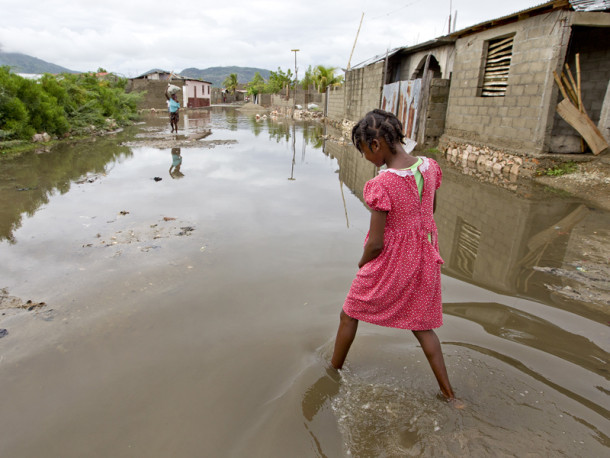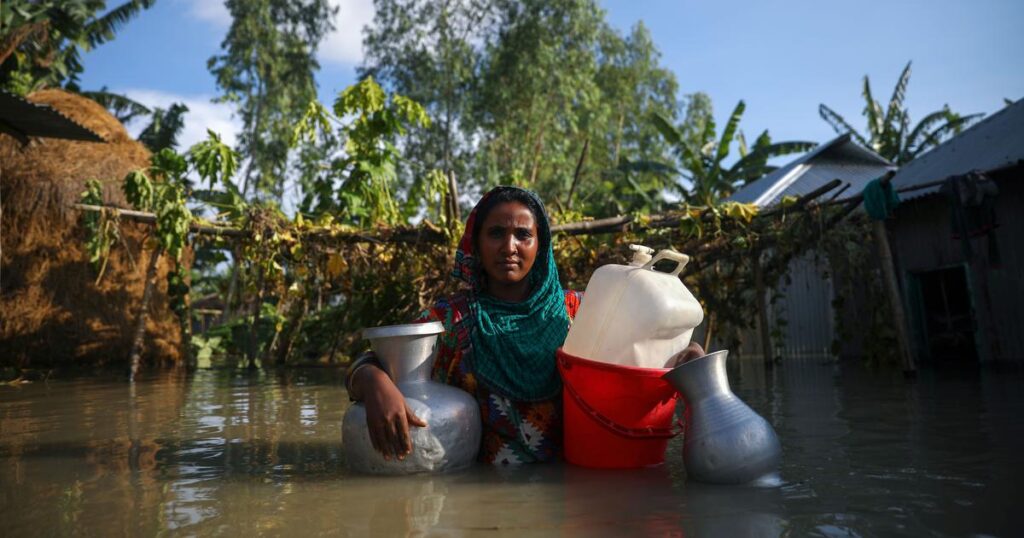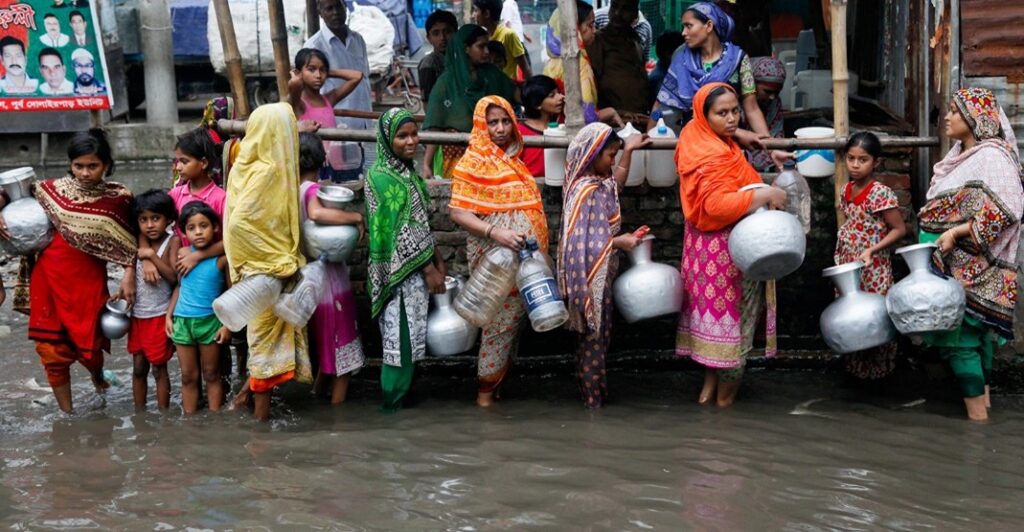
Introduction to the importance of empowering women in climate resilience
Introduction:
Climate change is a global crisis that poses significant challenges to communities and ecosystems across the world. Its impacts are already being felt, from rising temperatures and sea levels to extreme weather events such as droughts, floods, and storms. In adapting to and mitigating the effects of climate change, it is increasingly recognized that women play a crucial role. However, women often face unequal access to resources, decision-making processes, and opportunities, limiting their ability to effectively contribute to climate resilience.
The United Nations Framework Convention on Climate Change (UNFCCC) and other international agreements have emphasized the importance of gender equality and women’s empowerment in climate action. The Paris Agreement, for example, recognizes that gender equality is important in achieving climate goals and calls for the promotion of gender-responsive approaches in climate policies and actions. This recognition stems from the understanding that women’s unique experiences, roles, and perspectives can significantly enhance climate resilience efforts.
One of the key reasons why empowering women is essential in climate resilience is the recognition of the gendered impacts of climate change. Women, particularly in vulnerable and marginalized communities, are disproportionately affected by climate change due to existing gender inequalities, social norms, and roles. For example, in many developing countries, women are primarily responsible for household water and energy management, agriculture, and food security. As a result, they are more directly exposed to the effects of droughts, floods, and crop failures. Women also face higher risks during displacement and are often burdened with caregiving responsibilities during and after emergencies.
Empowering women in climate resilience means recognizing and addressing these gendered impacts. It involves ensuring women’s active participation and decision-making power in climate-related planning, policy formulation, and implementation. Empowering women in climate resilience is not only a matter of gender equality but also a strategic approach to building climate-resilient communities.

Women have a wealth of knowledge and experiences that can greatly contribute to climate resilience efforts. They possess unique insights into their communities’ vulnerabilities and strengths, as well as practical expertise in sustainable land and water management, traditional farming techniques, and natural resource conservation. By empowering women, we tap into this knowledge and unleash their potential to catalyze transformative change towards climate resilience.
Furthermore, empowering women in climate resilience is crucial for achieving the United Nations Sustainable Development Goals (SDGs). Gender equality (SDG 5), climate action (SDG 13), and sustainable communities (SDG 11) are interconnected and mutually reinforcing. By addressing the specific needs and potential of women, we can contribute to multiple developmental objectives, such as poverty reduction (SDG 1), food security (SDG 2), and inclusive economic growth (SDG 8).
Empowering women in climate resilience also has positive ripple effects on society as a whole. Studies have shown that when women have equal access to resources, decision-making power, and opportunities, it leads to better outcomes in terms of poverty reduction, food security, education, and health. By empowering women in climate resilience, we promote more inclusive and equitable societies that are better equipped to address the challenges of climate change.

In the following sections, we will explore various strategies and approaches to empower women in climate resilience. These include enhancing women’s participation and decision-making, providing access to education and training, promoting economic empowerment, strengthening gender-responsive policies and institutions, and adopting community-based approaches that recognize the value of women’s knowledge and expertise. Through these approaches, we can unlock the untapped potential of women in building climate resilient communities and achieving sustainable development.
In conclusion, empowering women in climate resilience is not only a matter of gender equality but also a strategic imperative for building climate-resilient communities. Given the disproportionate impacts of climate change on women and their unique contributions and potential, it is essential that we recognize and address the gendered dimensions of climate resilience. By ensuring women’s active participation, equal access to resources, and decision-making power, we can harness their knowledge, skills, and experiences to build a more inclusive, equitable, and resilient future for all.
All Categories
- Agricultural Methods
- Agriculture and Women Small Farmers Rights Awareness
- Climate Change
- Disable and Human Rights
- Disable Jobs
- Donation
- Education
- Health Issues
- Organic Foods
- Organic Vegetables
- Orphans Children
- Plastic production and disposal
- Services
- Sinking in Scarcity
- Success Stories
- Uncategorized
- Waste Management
- Women Rights
- Youth Empowerment




